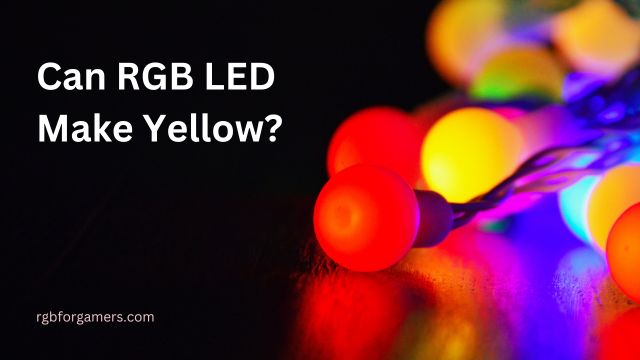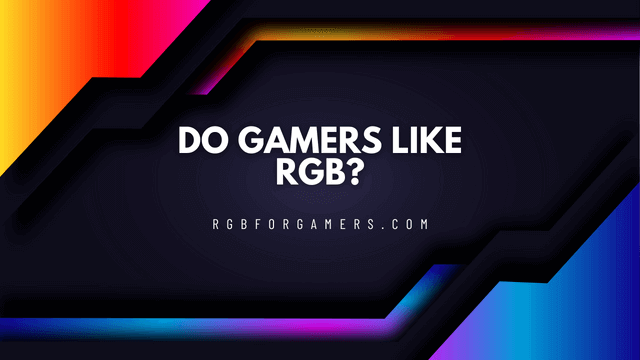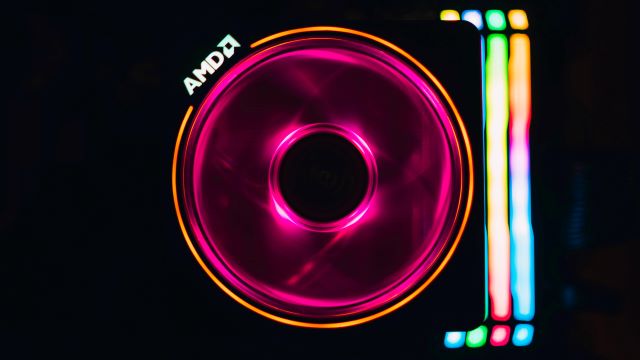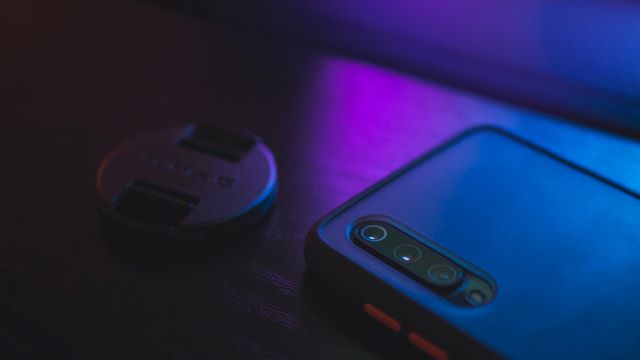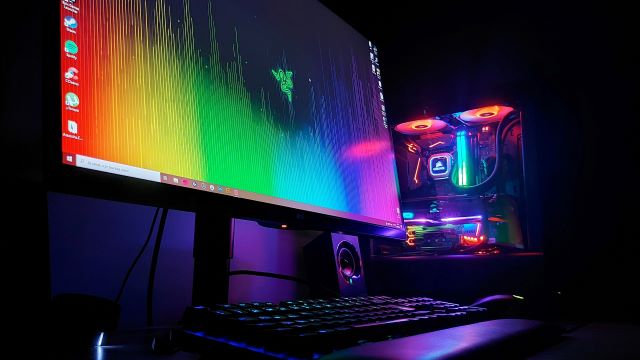Yes, RGB LEDs can produce yellow light by combining the appropriate intensities of red and green light. In an RGB LED, each individual LED element emits one of the primary colors of light: red (R), green (G), or blue (B). By controlling the intensity of the red and green elements while keeping the blue element turned off, you can create the perception of yellow light.
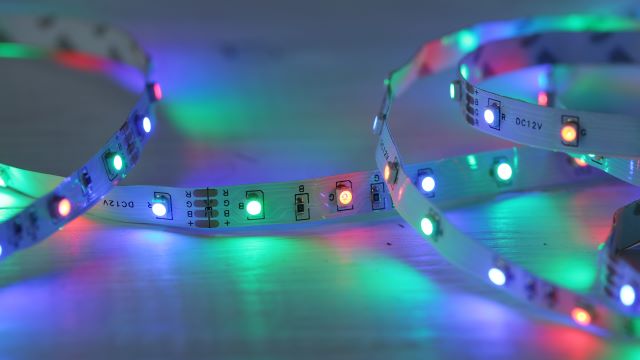
When the red and green elements of an RGB LED are illuminated at equal intensity, the combination of the two colors produces yellow light. By adjusting the relative intensities of red and green, you can achieve different shades of yellow, ranging from pale yellow to more saturated hues.
It’s important to note that the specific shade of yellow produced by an RGB LED may vary depending on the quality and characteristics of the LED itself.
Understanding RGB LEDs
How RGB LEDs Work
RGB LEDs are constructed using three individual diodes, each emitting light of a different primary color: red, green, and blue. These diodes are combined into a single package, allowing them to be controlled together to produce a wide spectrum of colors. By varying the intensity of each diode, the resulting color can be adjusted.
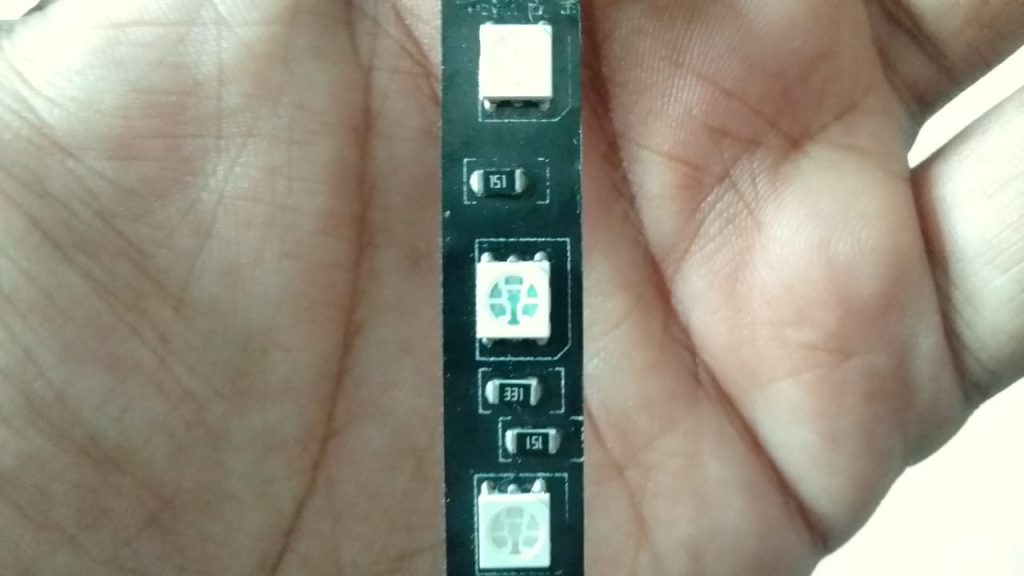
Color Mixing with RGB LEDs
When all three diodes of an RGB LED are set to their maximum intensity, the resulting light is white. By adjusting the intensity of the red, green, and blue diodes individually or in combination, it is possible to create a broad range of colors.
The intensity of each diode is typically controlled using pulse-width modulation (PWM) techniques, which rapidly switch the diodes on and off to create the desired color perception.
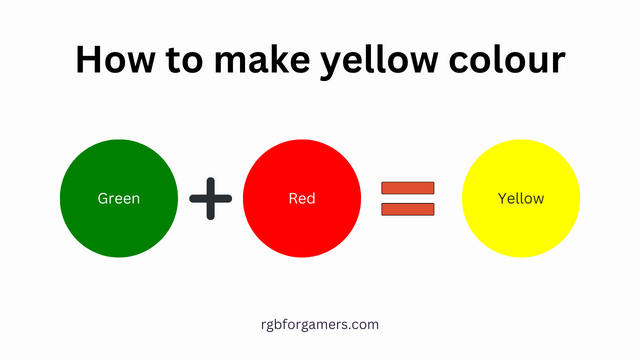
Understanding The Yellow Color
The Components of Yellow
Yellow light is often associated with warmth, happiness, and brightness. In the world of color theory, yellow is considered a primary color, along with red and blue. When we perceive yellow, it is the result of stimulating our eyes’ red and green cones simultaneously.
This means that yellow light can be created by combining red and green light in the right proportions.
Do you know What black RGB lights look like? Then read this blog!
Traditional Methods of Creating Yellow Light
Before the advent of RGB LEDs, traditional lighting technologies used different methods to produce yellow light. One common approach was to use a phosphor-coated blue LED that emitted blue light.
When the blue light interacted with the phosphor coating, it caused the emission of yellow light. Another method involved using a combination of red and green LEDs in close proximity to create the perception of yellow light.
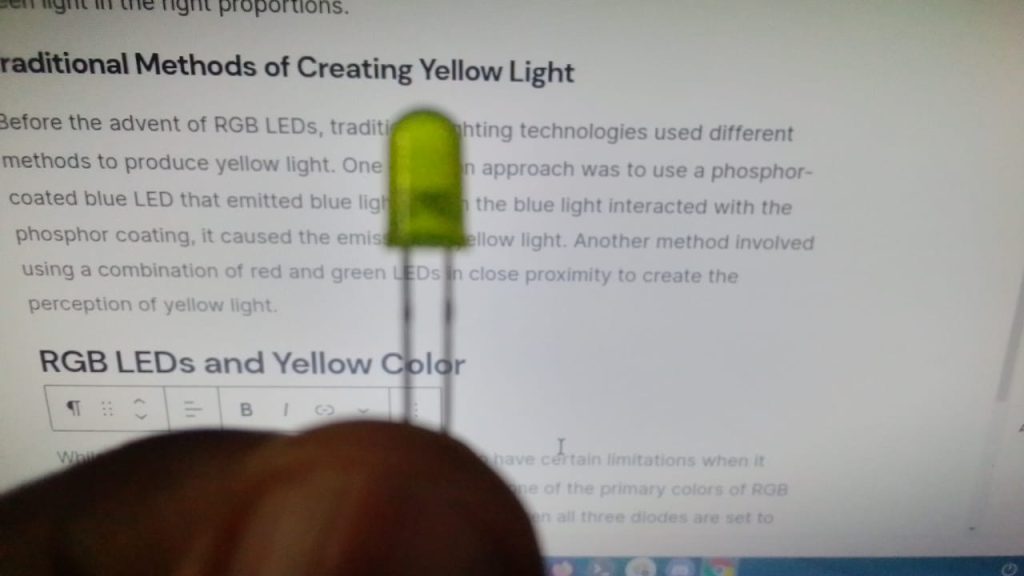
RGB LEDs and Yellow Color
The Limitations of RGB LEDs
While RGB LEDs are incredibly versatile, they do have certain limitations when it comes to creating yellow light. Since yellow is not one of the primary colors of RGB LEDs, achieving a true yellow can be challenging.
When all three diodes are set to their maximum intensity, the resulting light is white, not yellow. This limitation stems from the fact that RGB LEDs lack a dedicated yellow diode.
Also read: Can RGB Lights Make White?
Approximating Yellow, with RGB LEDs
Although RGB LEDs cannot produce a pure yellow color, they can approximate it by mixing red and green light. By carefully adjusting the intensity of the red and green diodes, it is possible to create a yellowish hue.
However, it is important to note that the resulting color may not be as vibrant or accurate as the yellow produced by dedicated yellow LEDs or other traditional lighting methods.
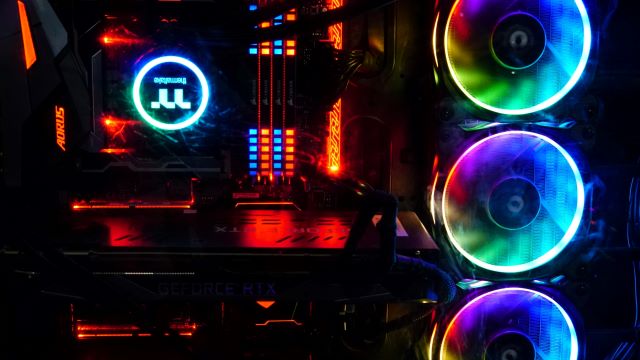
Conclusion
In conclusion, RGB LEDs, with their red, green, and blue diodes, do not have a dedicated yellow diode. However, by mixing red and green light, it is possible to approximate a yellow color.
While this approximation may not be as precise as other lighting methods, RGB LEDs offer versatility and the ability to create a broad range of colors. As technology advances, it is likely that new developments will further enhance the color capabilities of RGB LEDs.

Hello I am Sakib Mahmud. A gamer and writer, and a Student of Computer Science and Engineering. I love to write about different topics and gaming is one of my favorites. Hope you will find something awesome!
